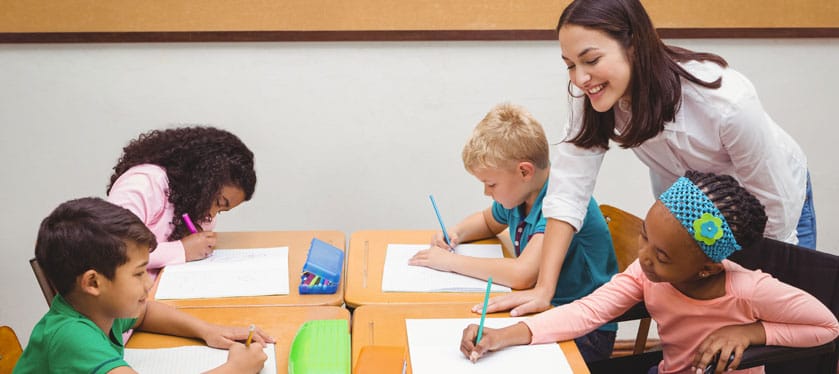Is Your Child Making Progress on the IEP?

The IEP is a multi-page document that contains a significant amount of information about your child and the school’s plan for ensuring that he/she makes meaningful educational progress. The most important information that you as a parent should seek from the IEP team is clear and specific information about your child’s educational progress in skill areas that have been identified as being impaired or below grade level. This sounds like a fairly simple request, but one that leaves many parents perplexed and frustrated due to a number of factors- too much or too little information in the IEP, the use of different measurement tools from year to year, progress monitoring test scores that are unrelated to classroom performance, to name a few.IEP Words
The information in this article will help explain (1) the term “progress monitoring”, (2) sections of the IEP that provide information about your child’s progress (3) the connection between present levels of academic achievement and goals in consecutive IEPs, (4) the kinds of assessments that schools use to measure student progress and what they show, (5) the limitations of progress monitoring tools, and (6) certain questions to ask when progress reporting information is not clear.
This article will address progress in academic areas (progress monitoring for behavioral, social skills, organization, etc. will be addressed in another article).
What Is Progress Monitoring?
Progress monitoring is a process of systematically administering assessments of skills that are important to student success, estimating student rates of improvement, and helping teachers make instructional decisions in order to provide more effective interventions for students. Progress monitoring is widely used in regular education as a screening instrument to identify students who are in need of different tiers of intervention in the early grades, primarily in reading and math. Progress monitoring has been embraced in special education because it provides an easy and quick way for teachers to measure student performance on specific skills and determine rate of progress toward meeting IEP goals. The most common progress monitoring tools that are used to measure student’s progress on IEP goals are referred to as curriculum based measurements. Curriculum based measurements are quick probes of very specific skills that can be individually administered as often as twice weekly.
Our Educational Law Group can review your child’s IEP and help you determine whether your child is making meaningful educational progress and help ensure that your child receives a free appropriate public education.





